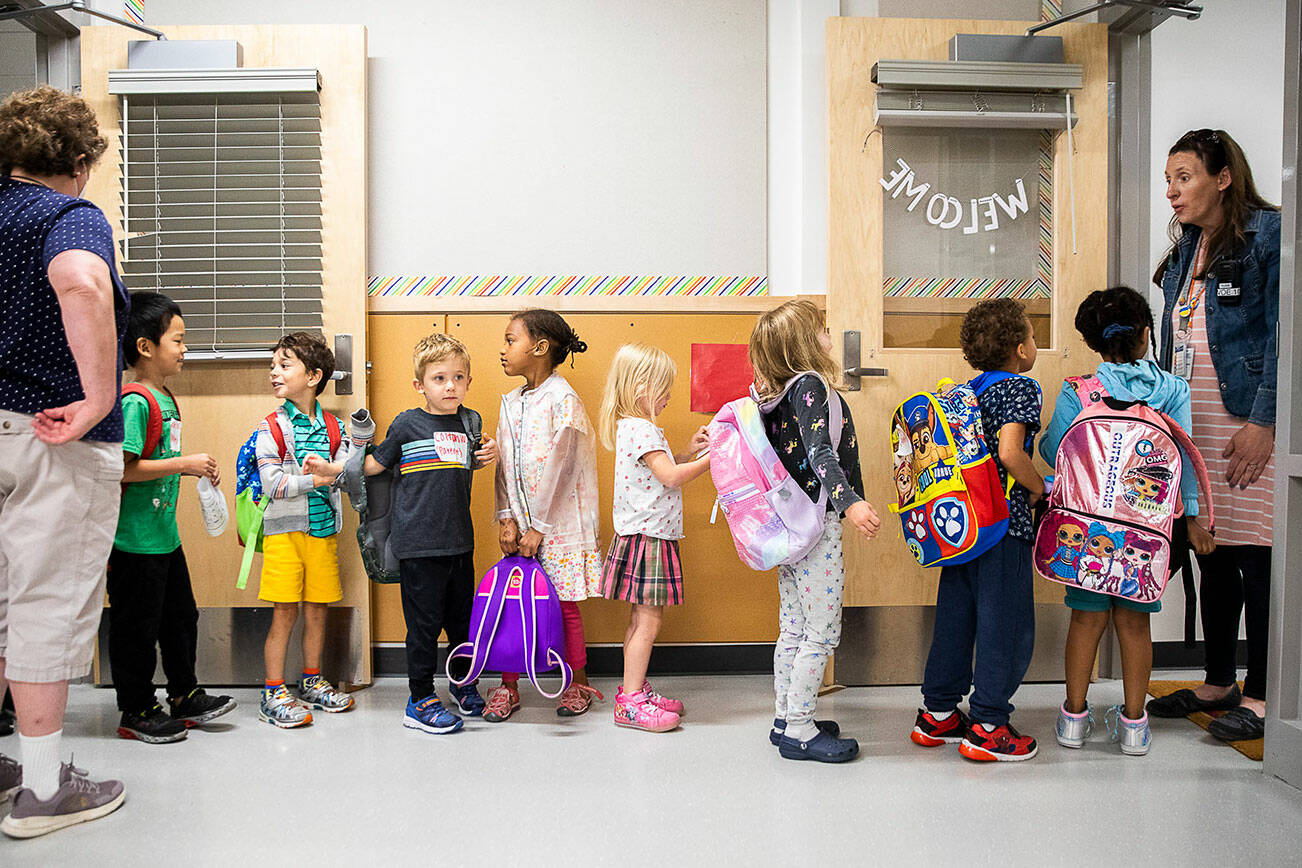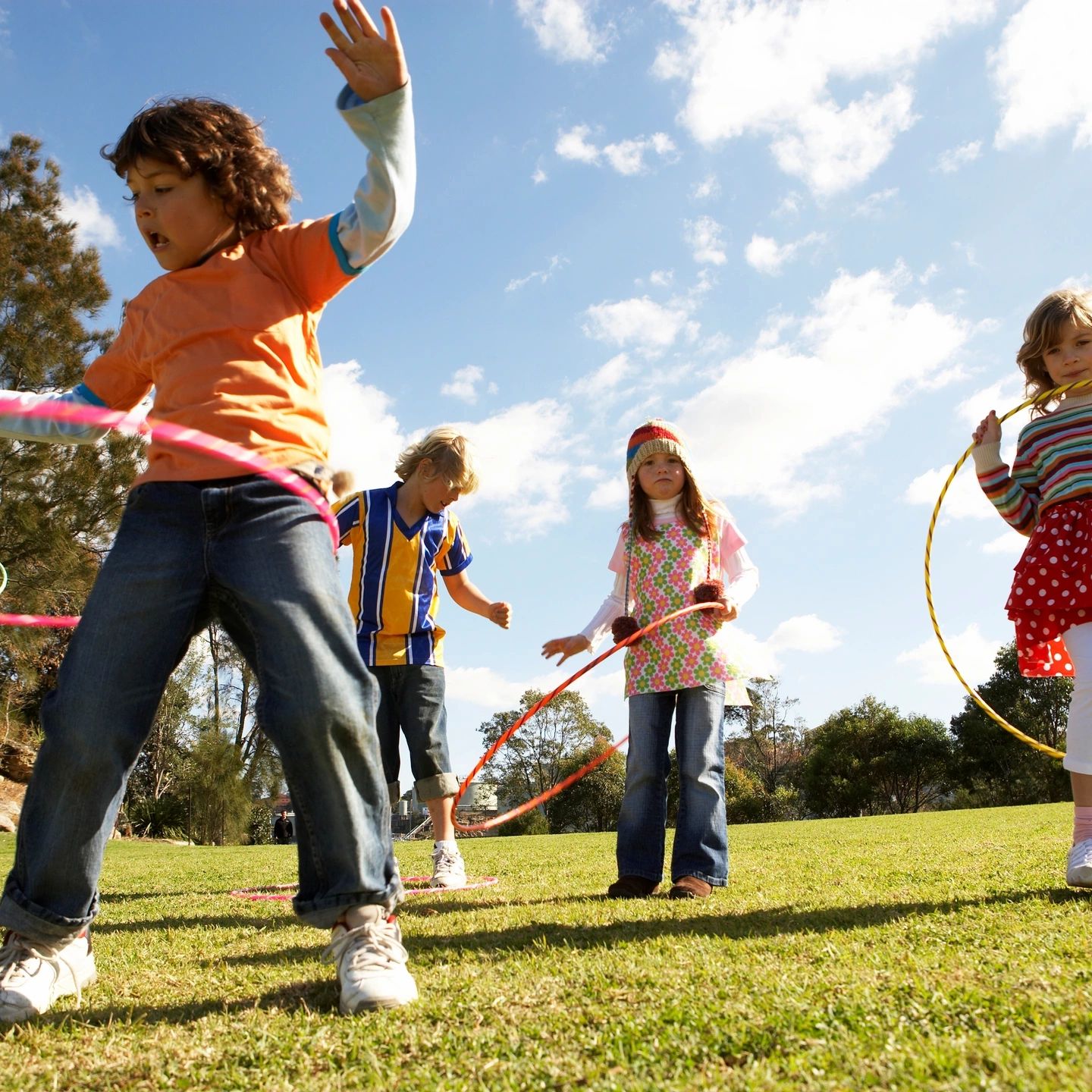Creative storytelling workshops that inspire students in Private School
Recognizing Grade Institution: Trick Realities and Amazing Activities for Every Trainee
Elementary school offers as a vital structure for students, blending academic discovering with the advancement of social abilities. This duration is necessary for promoting emotional intelligence and resilience. Engaging activities can enhance interest and inspiration, yet the difficulty depends on finding the ideal equilibrium. As moms and dads and educators browse this landscape, understanding the complex nature of elementary school comes to be important. What approaches can effectively support students in this transformative stage?
The Significance of Social Skills in Elementary School
Scholastic understanding is critical, social skills play a vital duty in quality college development. During these formative years, children learn to connect with their peers, discuss conflicts, and construct friendships. Social skills encompass a variety of competencies, consisting of reliable interaction, empathy, and synergy. These abilities make it possible for students to navigate the complexities of social dynamics within the classroom and past.
As children take part in team tasks and joint jobs, they establish essential interpersonal abilities that add to their psychological knowledge. This foundational experience cultivates a sense of belonging and enhances general well-being. Furthermore, youngsters who have strong social abilities often tend to experience far better academic end results, as they are most likely to take part actively in conversations and seek aid when needed.

Fundamentally, the growing of social skills throughout elementary school is not just valuable yet crucial for cultivating a well-shaped individual prepared for future challenges.
Balancing Academics and Creative Thinking
As students progress via elementary school, stabilizing academics with creativity becomes vital to their total development. This equilibrium cultivates vital thinking, analytic, and innovation, skills required for future success. Academic subjects give foundational knowledge, while creative tasks motivate students to reveal themselves and discover originalities.
Incorporating creativity right into the educational program can boost interaction and inspiration, permitting trainees to get in touch with the material on a deeper degree (Grade School). Jobs that mix subjects, such as art and scientific research, can stimulate inquisitiveness and promote a love for discovering
Innovative outlets like songs, drama, and aesthetic arts help pupils establish emotional intelligence and strength. These experiences contribute to a well-rounded education and learning, preparing students for a swiftly altering globe.
Eventually, focusing on both academics and imagination furnishes students with a varied skill set, allowing them to navigate challenges and take opportunities effectively throughout their academic trip and beyond.
Involving Activities to Boost Knowing
Various engaging activities can substantially improve learning experiences for elementary school pupils. These activities not only make finding out satisfying but likewise help enhance vital principles. As an example, hands-on experiments in scientific research courses allow students to check out theories practically, promoting inquisitiveness and deeper understanding. Interactive narration sessions can boost proficiency abilities while triggering creative imagination and creativity.
Group projects motivate collaboration, teaching students the value of teamwork and interaction. Incorporating technology, such as electronic tests and academic games, can likewise mesmerize trainees' attention and make finding out more dynamic. Crafts and arts tasks can help in the advancement of fine electric motor abilities while providing a creative electrical outlet.
In addition, outside activities, like nature strolls or scavenger pursues, attach trainees with the environment and promote physical health. By incorporating these interesting activities into the curriculum, instructors can produce a promoting discovering environment that accommodates varied knowing designs and keeps students inspired.
The Role of Adult Support in Education And Learning
Adult assistance plays a considerable duty in the academic journey of grade college students. Study indicates that when moms and dads actively take part in their youngster's education and learning, it positively influences academic efficiency, motivation, and general well-being. Private Grade School Peoria. Regular involvement, whether via homework aid or going to school occasions, fosters a feeling of safety and reinforces the worth of education and learning
Reliable check out this site interaction between educators and parents improves the finding out experience. Moms and dads that collaborate with educators can better understand their kid's difficulties and toughness, enabling tailored support. This collaboration encourages responsibility and establishes high assumptions for pupils.
In addition, parental attitudes towards education and learning significantly affect youngsters's perspectives. When parents demonstrate a favorable expectation on knowing, it cultivates curiosity and strength in their youngsters. Ultimately, the foundation of parental support is important fit pupils' perspectives, habits, and scholastic success throughout their grade college years.
Building a Favorable Learning Setting
Developing a favorable discovering atmosphere is necessary for promoting academic success and emotional well-being amongst grade school students. Such an environment advertises involvement, urges cooperation, and boosts inspiration. Educators play a considerable function in establishing this atmosphere by applying approaches that focus on support, regard, and inclusivity.
Classroom management techniques, such as clear assumptions and useful feedback, are essential in nurturing a sense of safety. In addition, integrating diverse training techniques can satisfy different learning designs, guaranteeing that all pupils really feel valued.
Encouraging peer communications and group tasks also grows social skills and a feeling of neighborhood. Commemorating accomplishments, regardless of exactly how little, strengthens favorable actions and boosts self-esteem.
Eventually, a positive learning atmosphere not only boosts academic efficiency but likewise fosters psychological resilience, assisting pupils prosper both inside and outside the classroom. This foundation is substantial for their total development and long-lasting learning trip.
Techniques for Establishing Critical Believing Abilities
Reliable techniques for establishing essential thinking skills in elementary school consist of motivating inquiry-based knowing and promoting analytic tasks. Inquiry-based learning promotes inquisitiveness and enables pupils to discover questions, while analytical activities test them to use their understanding in sensible situations. Together, these techniques improve trainees' capacity to assume critically and separately.
Urging Inquiry-Based Discovering
Just how can educators Bonuses promote a class setting that advertises inquiry-based understanding? Educators can develop an environment that urges curiosity by posing open-ended questions and helping with discussions that trigger trainees to discover various perspectives. Urging pupils to ask their very own questions can even more stimulate their important thinking skills. Incorporating hands-on activities and real-world problems permits trainees to engage straight with the product, promoting deeper understanding. Additionally, giving possibilities for collective jobs can enhance peer-to-peer learning, where pupils share insights and improve each various other's concepts. By integrating technology and sources that sustain exploration, educators can aid trainees take possession of their discovering journey, thus cultivating a mindset of query that expands beyond the classroom.
Advertising Problem-Solving Activities
While promoting analytic tasks in the classroom, instructors can significantly enhance pupils' essential thinking abilities. By incorporating hands-on tasks, seminar, and real-world scenarios, educators encourage students to evaluate scenarios, determine patterns, and discover several remedies. Engaging pupils in collaborative obstacles not just promotes synergy but likewise boosts their capability to express reasoning and warrant their choices. In addition, integrating modern technology through coding exercises or simulations can stimulate innovative problem-solving techniques. Reviewing trainees' thought processes with reflective techniques enables much deeper understanding and renovation. In general, promoting analytic tasks cultivates an atmosphere where important assuming thrives, gearing up trainees with crucial skills for future academic and life challenges. These methods inevitably prepare learners to navigate complex problems with confidence and advancement.

Often Asked Questions
What Age Do Children Usually Start Elementary School?
Kids commonly begin grade school at around age six. This age can vary somewhat depending upon neighborhood instructional policies and private preparedness, yet 6 years of ages is one of the most common starting point for formal education.
Exactly How Can I Aid My Youngster With Research?
To assist with homework, parents can create click here to read a structured environment, establish a routine, encourage questions, give resources, and provide assistance without providing direct responses, promoting self-reliance and essential reasoning in their youngster's understanding procedure.
What Are Usual Elementary School Understanding Challenges?
Usual elementary school finding out difficulties include difficulties with reviewing understanding, mathematics ideas, attention period, and social abilities. These barriers can impact academic performance and call for tailored support to help pupils accomplish their full possibility.
Just How Can Moms And Dads Connect Properly With Educators?
Efficient communication in between parents and instructors can be accomplished via routine updates, open dialogues, set up meetings, and energetic listening. Developing a joint connection fosters understanding and sustains the child's instructional journey favorably.
What Extracurricular Activities Are Readily Available in Quality School?
Quality schools generally supply a range of extracurricular activities, including sporting activities teams, songs and art programs, dramatization clubs, and academic competitors. These activities improve social abilities, foster teamwork, and urge creative thinking among pupils outside the classroom.

Quality school serves as a crucial foundation for trainees, blending academic understanding with the advancement of social abilities. Various interesting activities can significantly improve discovering experiences for grade institution trainees. Producing a favorable discovering setting is important for cultivating scholastic success and emotional wellness among grade college trainees. Inquiry-based understanding promotes inquisitiveness and allows students to discover questions, while analytic activities challenge them to use their knowledge in functional situations. While fostering analytical tasks in the class, educators can significantly boost students' important reasoning skills.